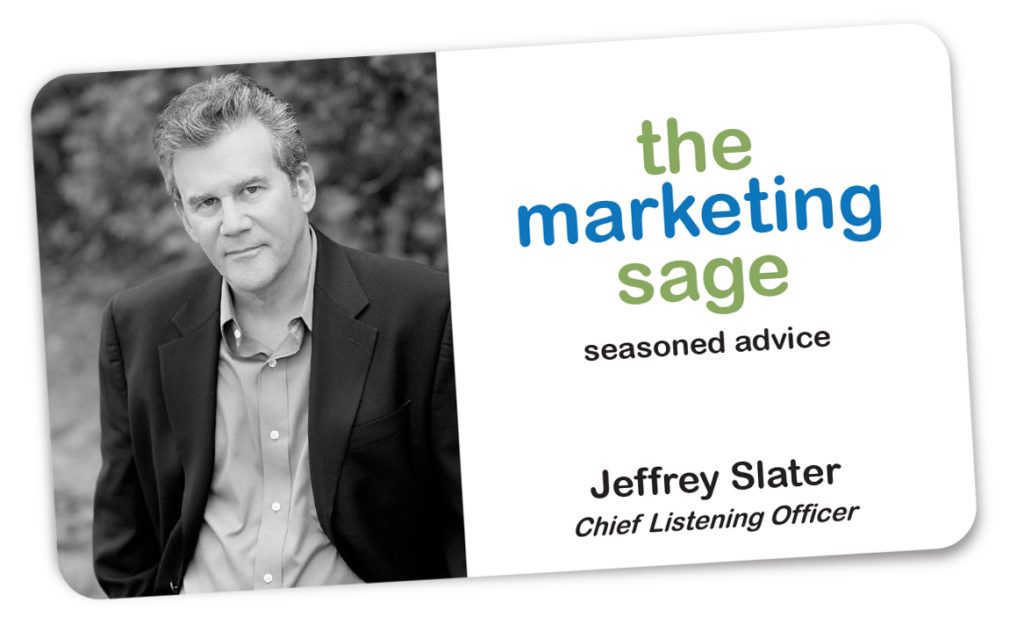If you have a business idea or have invented a new product, you probably want to share it with a prospective investor or licensee. But how can you ensure that the information you share remains confidential and will not end up with the press or your competitors? That’s where an NDA can be helpful.
If you share sensitive information and want to protect its confidentiality, the solution is to have a non-disclosure agreement.
Defining Non-disclosure Agreement (NDA)
A non-disclosure agreement is a legally binding contract between two parties that agree to keep specific information confidential.
This information can be mutual. A mutual NDA means that both parties have sensitive data to protect.
On the other hand, one-way confidentiality implies that one party discloses the information. The other side that receives the information is otherwise called the receiving party.
If someone violated the NDA, one party has the right to sue the other party for releasing the information. This includes imposing a fine to recover the damages.
Types of NDAs
Generally, there are two types of NDAs. These are the unilateral (one-way) and mutual (bi-lateral) NDAs. While both protect confidential information, they aren’t the same.
In a unilateral NDA, only a single party discloses valuable information. Meanwhile, the other party promises to make that information confidential. An example would be an inventor and a potential investor.
As for a bilateral NDA, both parties disclose valuable information and promise to protect that information. It’s either used for a joint venture or mergers.
Why is NDA Important to Small Businesses?
Your NDA cannot secure your success. However, they can help you protect a startup’s confidential information. This includes trade secrets or a product that you are creating.
A trade secret, according to Wikipedia, is a type of intellectual property that includes formulas, practices, processes, designs, instruments, patterns, or compilations of information that have inherent economic value because they are not generally known or readily ascertainable by others, and which the owner takes reasonable measures to keep secret.
For example, you can make your employees sign an NDA detailing that they cannot disclose the components of the product you are working on. Otherwise, it can lead to termination and costly legal disputes.
It’s also essential to know what NDAs are and why you need one and create a policy to secure any vital information as your company scales over time. To streamline the process, you can also learn how to automate NDA.
What Information Does an NDA Cover?
Here are examples of information that an NDA may protect:
- Inventions, plans for an invention, or products shared with employees, partners, prospective partners, and independent contractors or freelancers.
- Business plans, including financial and marketing components.
- Confidential and proprietary information accessed by collaborators, employees, and independent contractors.
- Formulas, recipes, and other chemical combinations.
- Copyrighted software programs and other information.
- Ideas, information, and plans are generated among a working group.
The Components of an NDA
Make sure that the NDA you’ve created has the following elements:
- Protected confidential information. You need to protect any confidential information valuable to your small business. You want to be as specific as possible without disclosing the complete information in the NDA.
- The receiving party’s obligations. The receiving party shouldn’t reveal confidential information. If confidential information is authorized, it should be specified in the NDA. The agreement should clearly state how confidential information should be disclosed.
- Consequences of the breach. A provision stating that one can seek injunctive relief and damages if there will be a breach in the NDA.
- Length of agreement. While some companies want to keep their secrets be mysteries forever, an NDA is for a limited period. On average, at least five years from the date the agreement was executed.
- Method of dispute resolution. It should also specify which state law applies, whether to use arbitration, and whether attorney fees are available to the winning party if a breach happens.
What Happens if You Don’t Use NDAs?
Being a legally enforceable agreement, an NDA ensures that parties involved couldn’t use your information for their gain.
So, whether you’ve invented revolutionary tech software or protected the recipe of your fried chicken, an NDA will safeguard that information. If you don’t use an NDA, other people might use that information as to their own.
In Sum
Sometimes, what makes your business unique is the very thing that makes it successful. Whether you came up with a revolutionary product or a way to improve something already in the market, it would be best to practice confidentiality.
If you aren’t sure, you need an NDA, consult with a lawyer. The cost is worth it if you genuinely have something with the potential for a great value.
Note: This guest blogger is not an attorney, and this advice and commentary should not be a substitution for legal counsel and advice.
This guest post on The Marketing Sage Blog is from Gia Keasler who writes about marketing issues including stories on attracting investors for startups and brand strategy.
You can set up a time to chat with me about your marketing challenges using my calendar. Email me jeffslater@themarketingsage.com Call me. 919 720 0995. The conversation is free, and we can explore if working together makes sense. Watch a short video about working with me.
Photo by Kristina Flour on Unsplash






